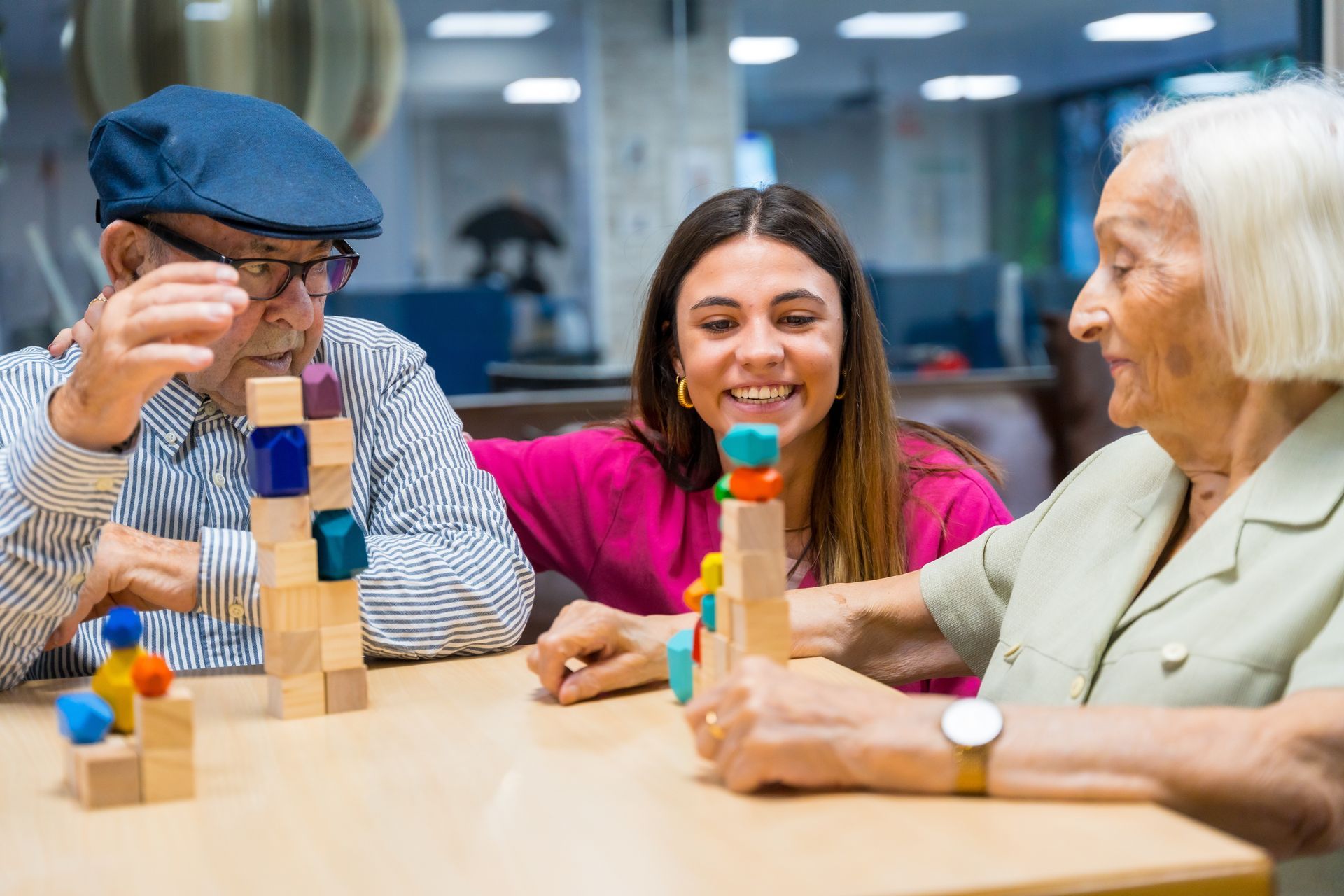BLOG
You Can’t Pour From an Empty Cup, But You Can Refill It: Sustainable Growth for Caregivers Who Keep Showing Up
In the quiet moments—maybe after your loved one has gone to sleep or while folding laundry in the soft glow of morning—there's a question that often drifts to the surface: What about me? If you're a caregiver, chances are you’ve learned how to silence that voice, to put someone else first for the thousandth time. But sustainable personal development isn’t selfish—it’s survival. And not the desperate kind. The kind that allows you to keep showing up, not as a shadow of yourself, but as someone whole.
Reclaiming Routine as a Daily Lifeline
Routines can feel like a trap when life is chaotic, but they’re actually a rope ladder out of the fog. Start small. One glass of water before coffee. Ten minutes with a book instead of your phone. The trick isn’t to overhaul your life in one glorious, well-lit montage—it’s to find repeatable, manageable actions that stitch meaning into your day. These tiny rituals can ground you, especially when caregiving starts to feel like a relentless spiral.
The Myth of “Balance” and the Pursuit of Presence
Forget perfect balance—it doesn’t exist. What does exist is presence, and it’s often a better goal. Can you be with your loved one without also mentally rewriting your grocery list? Can you allow yourself to eat a meal without multitasking? Learning to inhabit moments fully might be the most radical form of self-care. It doesn’t require time or money, just permission. And if you’re waiting for someone else to give it to you, stop. You’re the only one who can.
Exploring Education Without Upending Your Life
Going back to school doesn’t have to mean uprooting everything or sacrificing the stability your loved one depends on. If you’re mapping out a development plan that includes earning a degree, choosing an online program can offer the structure you need with the flexibility your caregiving role demands. There’s a wide variety of programs available—whether you're looking to shift careers or deepen your current path. If you're already an RN and thinking about pursuing your BSN, for instance, you might want to consider this as a way to grow professionally without compromising your personal responsibilities.
Micro-Growth Over Milestones
The internet is loud with people transforming their lives in 30 days. That’s not your reality, and that’s okay. Micro-growth is quieter but sturdier. It might look like setting a boundary with a relative who never pitches in. Or taking one online class over the course of a year. These don’t make splashy headlines, but they are the slow magic that makes lasting change possible. Sustainable development isn’t about speed. It’s about direction.
Saying “Yes” to Help Without Guilt
Many caregivers wear their self-sufficiency like armor. But here’s a truth you need to let sink in: accepting help doesn’t make you weak. It makes you wise. Whether it’s hiring a part-time aide, using meal delivery services, or joining a respite care program, these decisions don’t reflect a lack of love. They reflect respect—for your limits, your sanity, and your humanity. Let others in. You were never meant to do this alone.
Using Reflection to Stay Grounded, Not Judged
Journaling often gets tossed into the self-help pile, but it’s more than a trendy productivity hack. It’s a private space to be honest in ways you might not be able to anywhere else. Don’t turn it into a performance. Don’t aim for eloquence. Just write down what’s real. What drained you today? What made you smile, even for a second? These breadcrumbs of insight can keep you tethered when everything else feels like it’s shifting beneath you.
Navigating the Emotional Terrain of Letting Go
One of the hardest and most courageous acts of caregiving is recognizing when your loved one’s needs exceed what you can provide. It’s a terrain of guilt and grief, and also—potentially—grace. Places like Assured Assisted Living exist for these pivotal moments. If your loved one is wandering, forgetting names, or becoming unsafe at home, it may be time to consider memory care or assisted living. This decision isn’t about giving up. It’s about giving better. You are not abandoning them. You are making sure they have 24/7 support, access to skilled care, and a community that can meet their evolving needs with compassion.
Finding Community in Unexpected Places
You might not have a go-to group of caregiver friends, but community is often hiding in plain sight. The nurse who always asks how you are doing. The neighbor who brings your trash bins back in without being asked. The woman you always run into at the pharmacy who smiles like she knows. Don’t discount these tiny points of connection. They matter. And if you can, seek out an actual caregiver support group—online or in-person. Not because you need to vent (though you might), but because being seen is healing.
You are not a machine. You are not a saint. You are a person with edges, with longings, with a need for sleep and art and maybe the occasional scream into a pillow. Pursuing personal development doesn’t mean chasing some shiny, optimized version of yourself. It means honoring the messy, brilliant work of being human—especially while carrying someone else through a storm. Your growth is allowed to be slow. It’s allowed to be nonlinear. But it is not optional. Because your story doesn’t stop just because you’re helping someone else write theirs.
Discover the compassionate, personalized care your loved one deserves at Assured Senior Living, where peace of mind and a home-like setting come together to redefine senior living.















